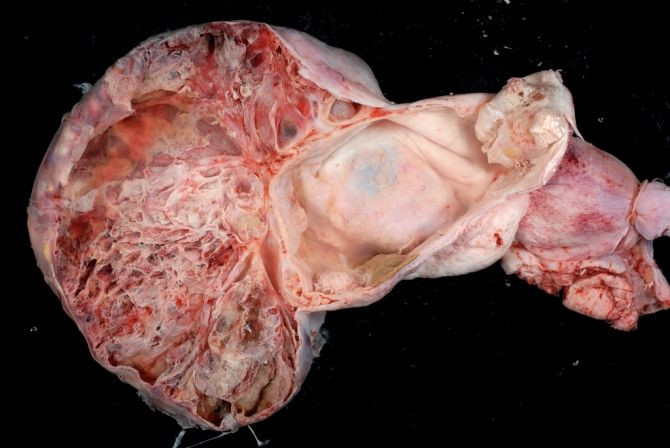New Drug to Combat Proliferating Tumors

Researchers have found a new drug that enables the destruction of the most highly proliferative tumors.
Researchers at the University of California, San Diego School of Medicine and the UC San Diego Moores Cancer Center used a biological approach and innovative chemical in designing a new class of drugs that “arrests division in virtually all tumor cells by binding to and altering the structure of an enzyme called RAF.”
"By designing a new class of drugs that changes the shape of RAF, we were able to reveal this previously undiscovered role for RAF in a wide range of highly proliferative tumors," said lead author David A. Cheresh, PhD, professor of pathology and associate director for translational research at the Moores Cancer Center.
They found RAF’s role in cell division to be a surprise as it is critical to cell proliferation and tumor growth.
The authors explained that some cancer drugs, generally designed to interact with the active site of the enzyme, target enzymes like RAF. But Cheresh said that these drugs often lack specificity.
"They hit many different targets, meaning they can produce undesired side effects and induce dose-limiting toxicity,” he said.
Tumor cells often develop resistance to this class of drugs which renders them inactive against cancer, which the authors say is a greater concern.
However, Cheresh and his colleagues pursued development of a new class of RAF inhibitors called allosteric inhibitors that “do not bind to the active site of the enzyme and so avoid the limitations of current drugs.”
The allosteric inhibitors change the shape of the target enzyme rendering it inactive.
KG5, the drug tested, singles out RAF in proliferating cells and ignores normal or resting cells, the authors said.
They said RAF is unable to associate with the mitotic apparatus to direct cell division in affected tumor cells, which results in cell cycle arrest leading to apoptosis or programmed cell death.
They explained that KG5 effectively interferes with proliferating blood vessels, this process is called angiogenesis.
The researchers found that KG5 has produced similar results in test on cancer cell lines using animal models and tissue biopsies from human cancer patients.
Hoping that it will soon enter clinical trials at Moores Cancer Canter, researchers have developed variants of KG5 that are “100-fold more powerful” than the original drug.
These new RAF targeted compounds are being developed by Amitech Therapeutic Solutions, Inc a start-up company in San Diego.
"It's an unusual discovery, one that really challenges current dogma," said Cheresh.
"Before this drug was designed, we had no idea RAF could promote tumor cell cycle progression. This may be only one example of how, by designing drugs that avoid the active site of an enzyme, we can identify new and unexpected ways to disrupt the growth of tumors. In essence, we are attacking an important enzyme in a whole new way and thereby discovering new things this enzyme was intended for."



























